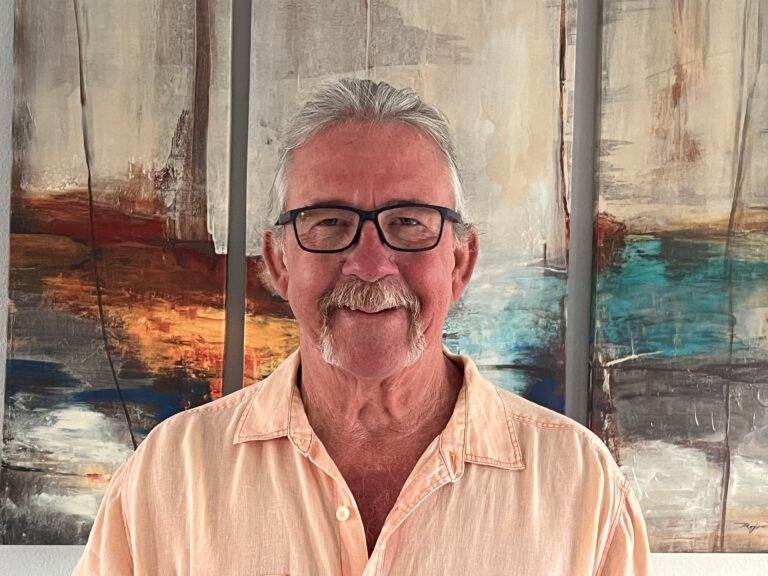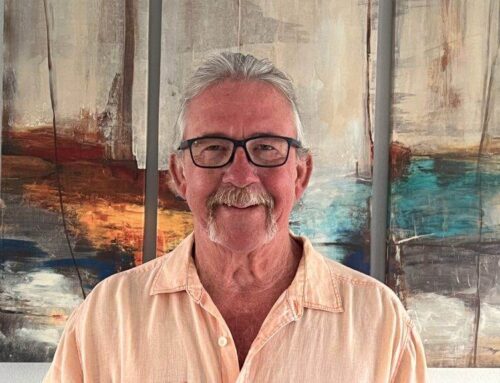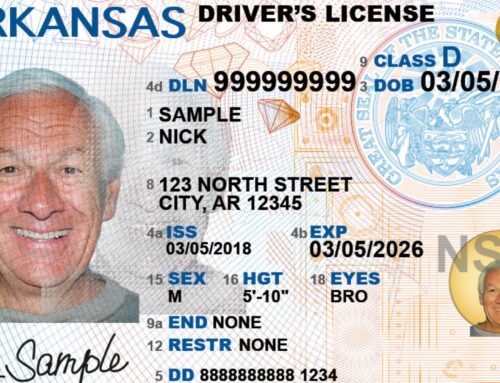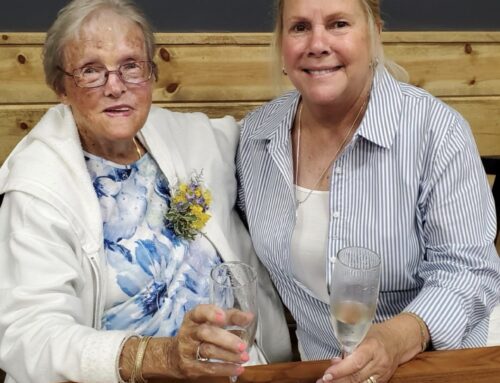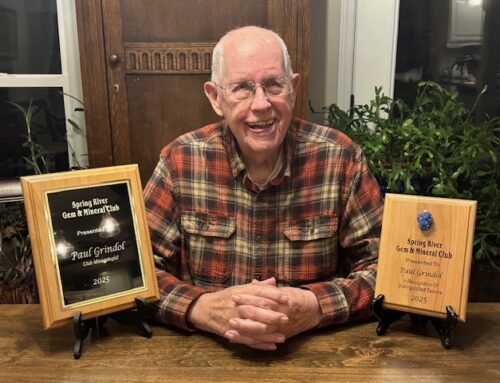Staying busy can be a way to stay absent. By absence I mean avoiding being present with whatever is going on in our lives at the moment. Busyness is a way to distract us from unpleasant thoughts and emotions and can be a form of escapism. At timesescapism can be helpful. One of the coping skills many people use to avoid experiencing ruminating thoughts and emotions is distraction. Distraction can be achieved simply by choosing to think about something else than that which is causing distress. Rather than thinking about the upcoming discussion you need to have with your boss, or the concerning results of a recent medical test think about your upcoming vacation or a recent heartwarming encounter with a loved one. Distraction is a way to have at least some temporary relief from any negative emotion such as fear, anxiety, guilt, anger, hurt and any of the thoughts that might be associated with them. Also, it can be a technique to break the cycle of self-defeating thoughts and emotions.
But eventually, it is important to stop running and hiding and come out and meet the boogieman because until we do he will always be there in the shadows lurking and ready to pounce. Once we stop and decide to meet the boogieman face-to-face, we will discover a sense of freedom. What we feared so deeply becomes less paralyzing and intimidating. I am not minimizing our concern and worry rather I am offering ways not to maximize and over inflate it, make it much more than it is which is what the imaginative mind can do. Once we examine the worry, we can look at it and determine if there are any irrational parts of the worry and replace those thoughts with what is more realistic or rational. Also, just by being present and mindful with it we take away some of its power
This process of facing our fears and worries is often accompanied by growth and resilience. When we confront what troubles us, we grant ourselves the opportunity to reframe the narrative. The worry that once loomed large like an insurmountable mountain can shrink into something more manageable—a challenge to overcome rather than an immovable barrier.
Practicing mindfulness and self-compassion plays a crucial role in this journey. Instead of judging ourselves harshly for being afraid or anxious, we can acknowledge those feelings with kindness, understanding that they are a natural part of the human experience. Engaging in intentional breathing exercises, journaling, or even seeking the guidance of a trusted friend or therapist can help us untangle the web of unease and begin to see through it with clarity.
Ultimately, the key lies in balancing escapism and engagement. While distraction can serve as a temporary balm for the soul, true healing and empowerment come from addressing the root causes of our distress. By doing so, we not only reclaim our sense of peace but also build the emotional fortitude to face future challenges with greater courage and ease.
In addition, the mind that is distracted from the present is also absent from the beauty and opportunity within each moment. There was a study conducted at a seminary to determine some of the impacts of being busy and feeling overwhelmed with things to do. The experiment involved a study on the Good Samaritan which focuses upon the importance of helping others. The study was taught to a group of ministers in training. Prior to the study half of the ministers in training were informed of a meeting that they needed to make following the study. As part of the study there was a person selected within the group to act as if they were in distress when the study was completed. Nearly all of the seminarians who had a scheduled appointment passed by the person in need in order to get to their appointment.
This experiment underscores a profound truth: the pressures of busyness and the urgency of our own agendas can blind us to the needs of others around us. It serves as a reminder that, in our constant rush to accomplish tasks and meet expectations, we might inadvertently overlook opportunities to make meaningful connections or extend compassion.
Moreover, creating space in our lives for stillness and reflection can unveil moments of awe and gratitude. In the quiet pauses, we might notice the subtleties of a sunrise, the laughter of a child, or the simple joy of a kind word exchanged with a stranger. These are the experiences that enrich our lives.

